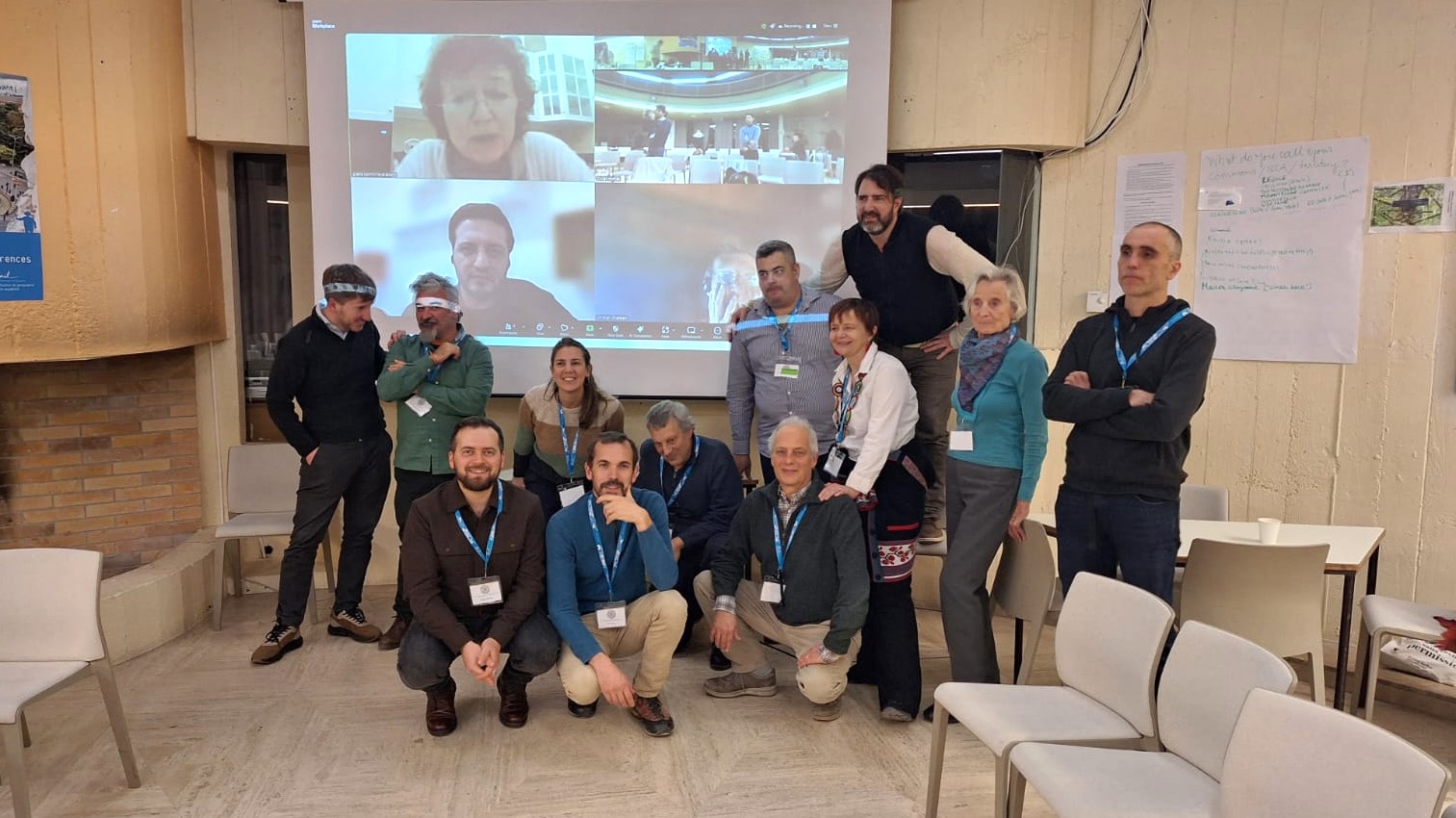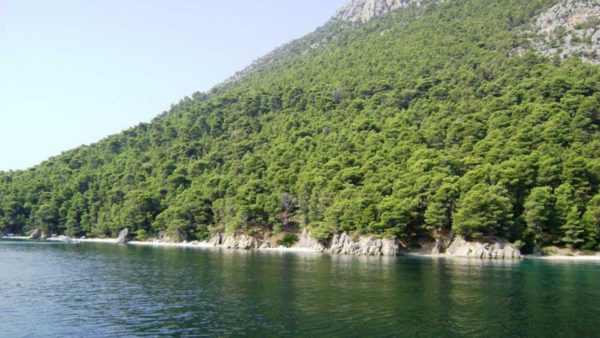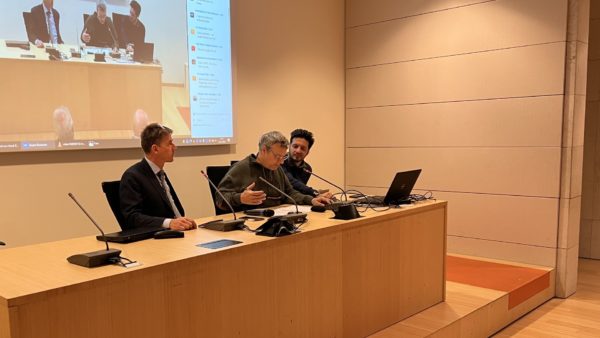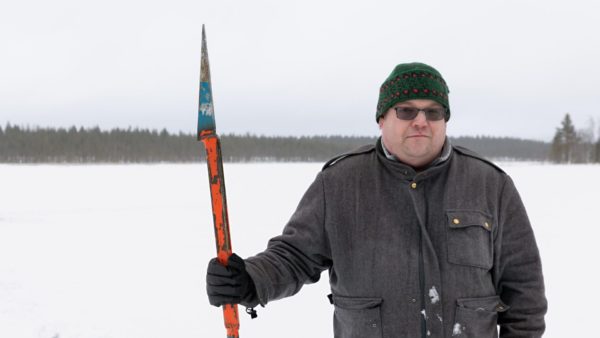A European Coordination Team is now established, with representatives from Spain, Italy, Montenegro, Romania, Croatia, Greece, and France tasked with strengthening cross-border collaboration
First published on 09/01/2025, and last updated on 12/22/2025
By ICCA Consortium
The Third European Assembly of the ICCA Consortium convened in Geneva and Gland, Switzerland, from December 9 to 13, 2024, bringing together community leaders, researchers, and policy advocates. The assembly was organized as part of the broader European Commons, Territories of Life, and OECMs Conference. The meeting of the assembly opened with an inspiring talk by Tero Mustonen from the Arctic, who is a former member of the ICCA Consortium Council.
Tero highlighted the deep cultural and ecological significance of traditional Sámi and Finnish lands, particularly the concept of erämaa—wild lands that have been sustainably managed for generations. Through the work of Snowchange Cooperative, five ICCAs-territories of life in Finland exemplify how local community-led stewardship supports biodiversity, climate goals, and cultural resilience.
Strengthening national roots, building regional bridges
The assembly unfolded in three focused sessions, addressing the Consortium’s working structure, global strategy, and coordination across Europe.
The first session, dedicated to the ICCA Consortium’s working modalities in Europe, showcased the depth and breadth of grassroots efforts—each rooted in local contexts yet facing shared challenges around legal recognition, coordination, and the threats posed by privatization and unsustainable development.
Spain and Italy demonstrated strong national commons movements. In Spain, Iniciativa Comunales is advancing community-led documentation and listing with the ICCA Registry and has launched small-scale projects. Federico Bigaran from Italy shared updates about Rete Italiana dei Territori della Vita. This informal network finds support in Law 168/2017, which recognizes the significant role that rural commons play in conserving biodiversity.
Milan Sekulovic from Montenegro shared updates on safeguarding Katuns through the Save Sinjajevina campaign and the establishment of a new National Land Coalition. From Hungary and Romania, Anna Varga reported a renewed interest in ecological conservation of forest commons and successful cross-border conservation efforts.
Gretchen Walters and Olivier Hymas from France shared that they are collaborating to gain legal recognition for rural commons, such as the Chamonix consortage, despite institutional resistance.
Across these initiatives, concerns were raised about the adverse effects of green expansion. Theodoros Karfakis of Terra Sylvestris from Greece highlighted the threat of privatizations of the commons and poor management of Natura 2000, calling for unified advocacy and stronger EU-level legal protections.
A common theme across the reports was that while national coordination is improving, cross-border collaboration remains fragmented.
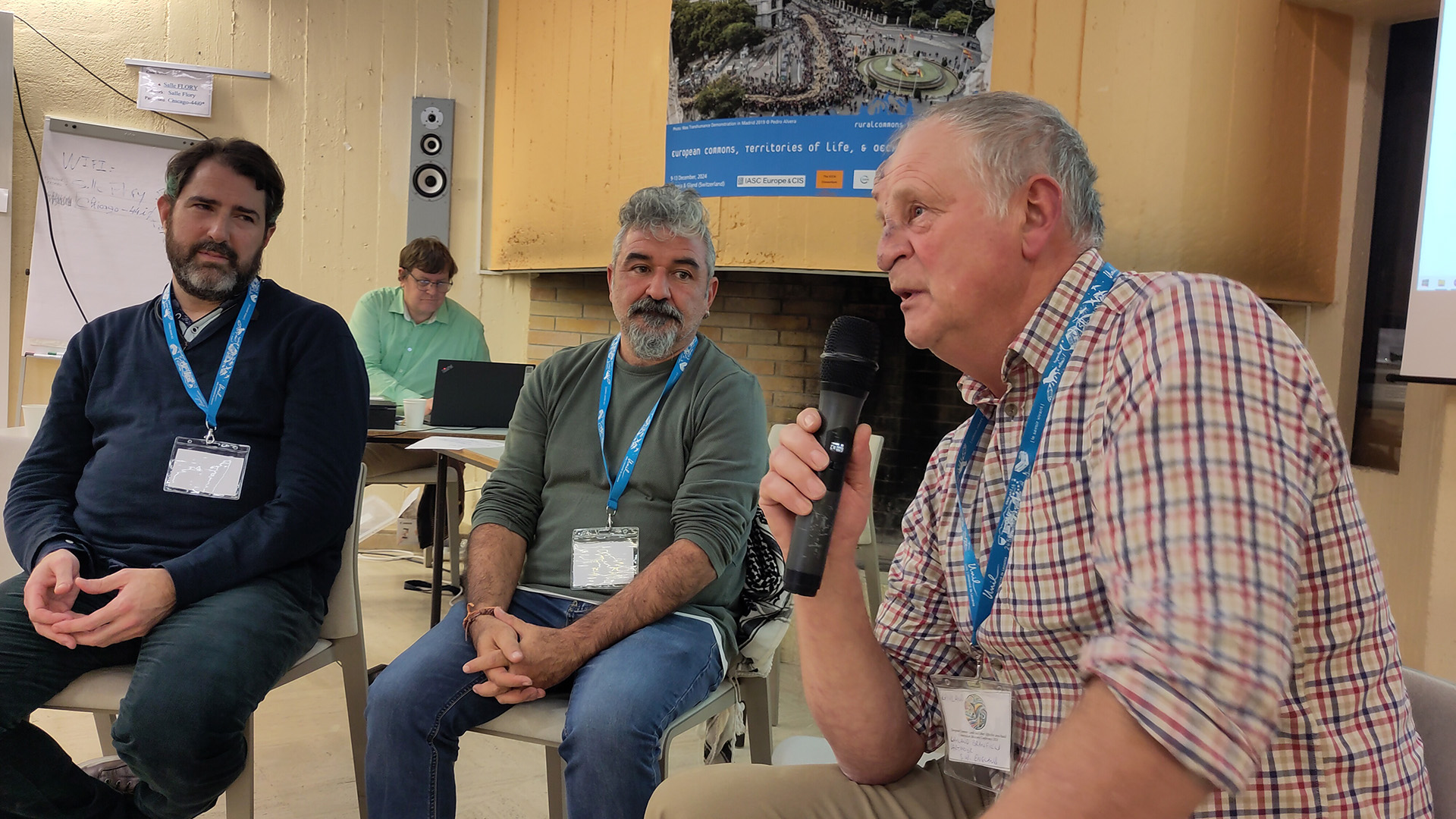
A call for collective action
In the second session, the focus shifted to governance and vision. Presentations by Grazia Borrini-Feyerabend and Global Coordinator Ali Razmkhah reinforced the message of the manifesto for territories of life as the Consortium’s moral and strategic backbone. It calls for collective rights, ecological stewardship, and resistance to extractivism, while warning against superficial co-optation by outside actors. Ali introduced the 2024–2028 Strategic Plan, emphasizing self-determination, recognition of rights, political influence, and organizational development.
Following this, the European region was encouraged to strengthen its role within the ICCA Consortium by increasing participation in governance. This includes engaging more actively with the Secretariat, organizing regional meetings, and developing a European strategic plan.
To address this, a European Coordination Team (ECT) was formally established, with representatives from Spain, Italy, Montenegro, Romania, Croatia, Greece, and France tasked with strengthening cross-border collaboration. While the idea of a European Secretariat remains a longer-term goal, the appointment of a European Coordinator and the launch of the ECT were endorsed as immediate and practical steps forward.
Guarding against greenwashing, reclaiming the narrative
In a joint session with International Association for the Study of the Commons, Europe and Commonwealth of Independent States (IASC Europe and CIS), participants raised concerns over the growing appropriation of community-based conservation language by institutions with top-down agendas. Europe faces a unique dilemma: although ICCAs are increasingly acknowledged globally, EU conservation often marginalizes local custodians in favor of technocratic approaches.
A consensus emerged: community voices must remain at the heart of conservation. Moving forward, participants prioritized mapping member activities, growing national networks, and increasing the visibility of European commons. A follow-up meeting to refine a European action plan is under consideration, backed by potential seed funding.
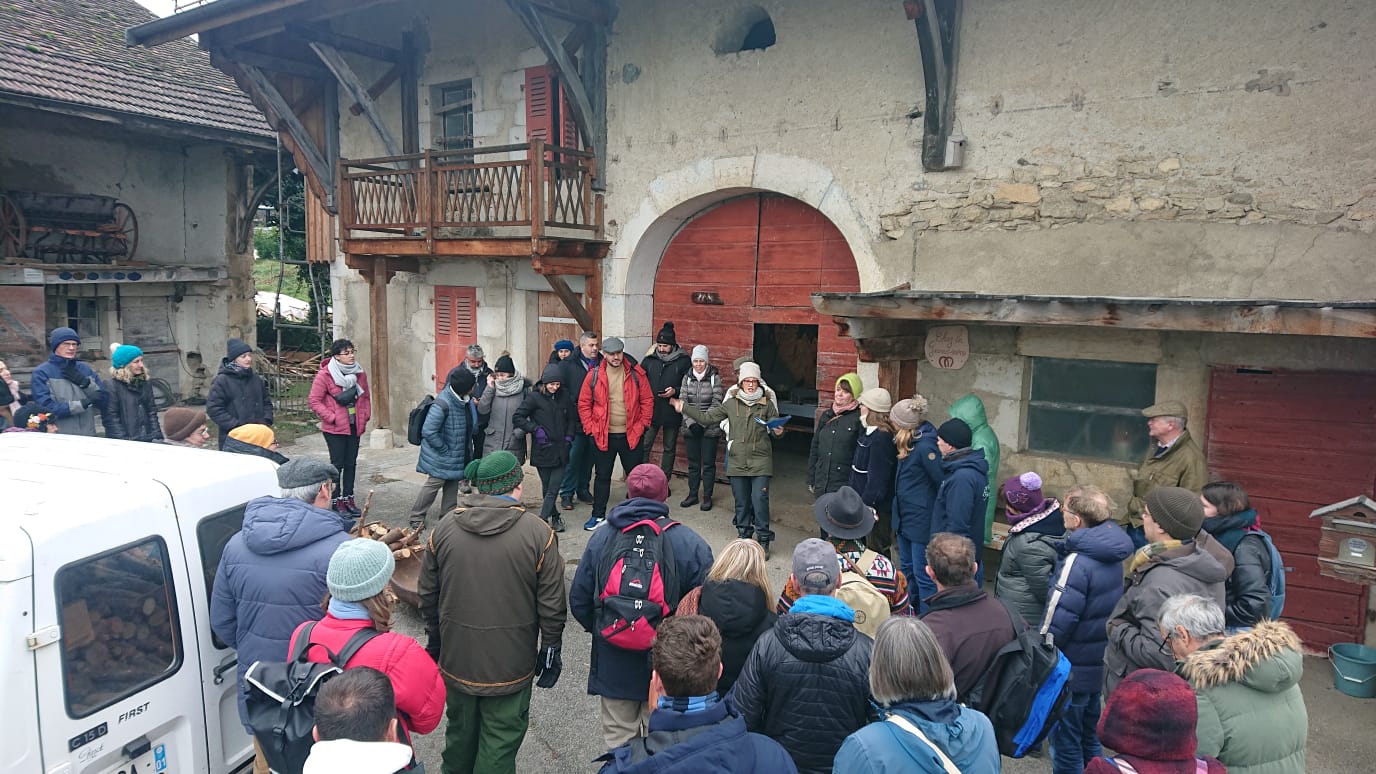
A Call for Unity
While challenges abound—bureaucratic hurdles, limited funds, and institutional resistance—the Assembly underscored a shared resolve: to empower communities, deepen transnational solidarity, and protect the diverse commons of Europe. As Grazia reminded the group, the manifesto is a living document—and so is the movement behind it.
To celebrate this movement, members of the ICCA Consortium and the IASC joined together for a field visit organized by the Orilan Association to the Section de Commune de Mourex, a territory of life in France. The visit to the commons reminded us all the importance of protecting our land — to preserve its astonishing beauty, its rich biodiversity and vital functions, and to honor our identity.
Note: The conference has been mainly financed by the University of Bern, University of Lausanne, and the Swiss National Science Foundation, with additional contributions by several projects and organizations, including the ICCA Consortium, the National Biodiversity Future Centre, and RuComItaly.
